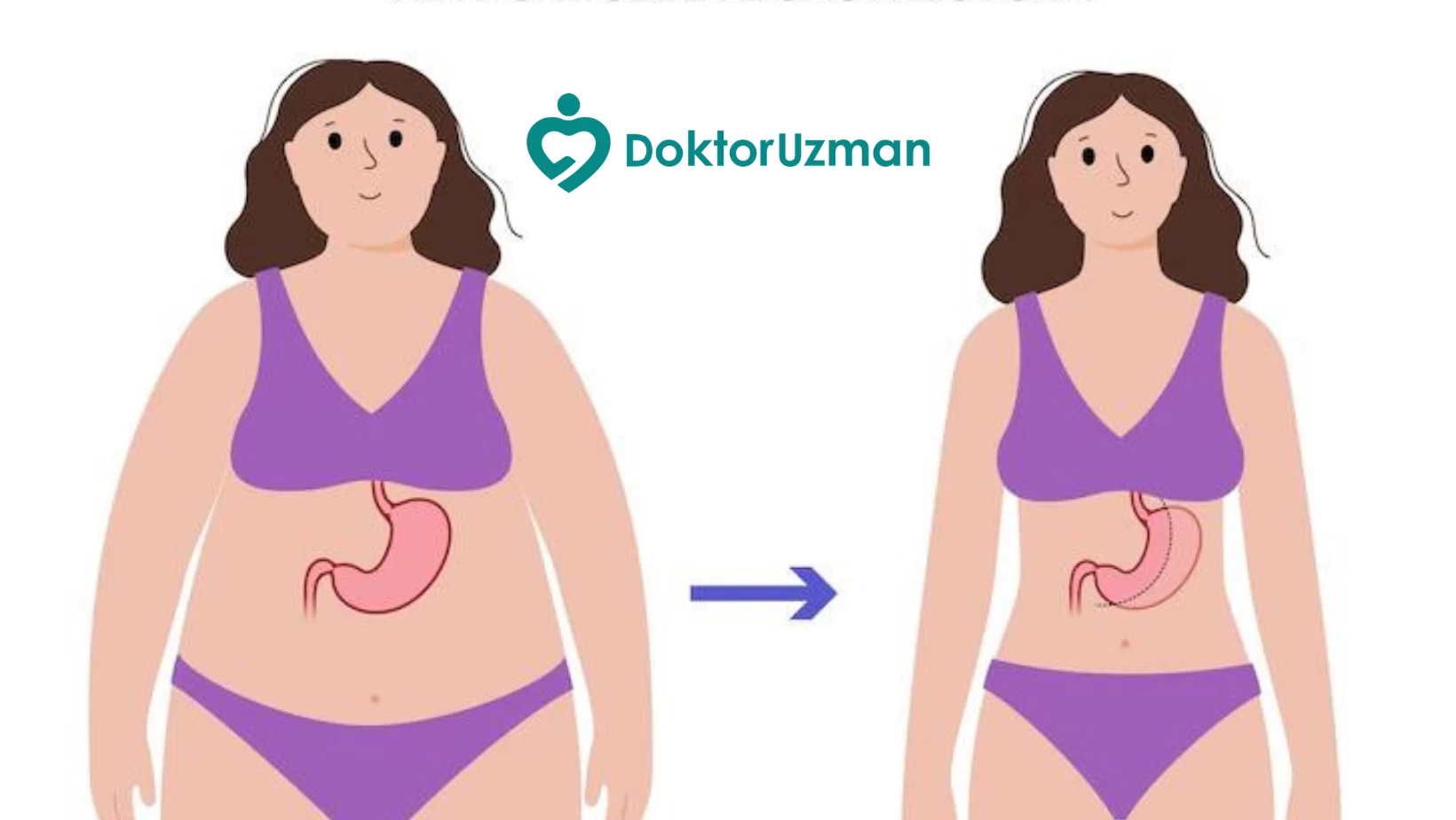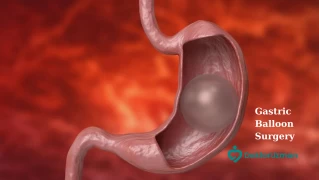
Bariatric Surgery
- Bariatric Surgery
- Things to consider before bariatric surgery
- Things to consider after bariatric surgery
- Recovery process after bariatric surgery
- Turkey in bariatric surgery success rates
Bariatric surgery is a type of weight loss surgery that is performed on individuals who are obese or morbidly obese. The goal of the surgery is to help the individual lose weight by restricting the amount of food they can eat or by disrupting the digestive process so that the body absorbs fewer calories. There are several different types of bariatric surgery, including gastric bypass, sleeve gastrectomy, and gastric banding. Each type of surgery has its own benefits and drawbacks, and the best option for an individual will depend on their specific circumstances and goals.
Before undergoing bariatric surgery, individuals are typically required to undergo a thorough evaluation to ensure that they are a good candidate for the procedure. This may include a physical exam, laboratory tests, and a psychological evaluation. It is also important for individuals to be aware of the potential risks and complications of bariatric surgery, as well as the lifestyle changes that will be required after the surgery to ensure long-term success.
If you are considering bariatric surgery, it is important to discuss the procedure with a qualified healthcare professional who can help you determine if it is the right option for you.
Things to consider before bariatric surgery
Bariatric surgery is a type of weight loss surgery that is designed to help people who are severely obese to lose weight and improve their health. If you are considering bariatric surgery, there are several things that you should consider before making a decision:
Are you a candidate for bariatric surgery? In general, bariatric surgery is reserved for people who are severely obese and have not been able to achieve significant weight loss through other means, such as diet and exercise.
What type of bariatric surgery is right for you? There are several different types of bariatric surgery, including gastric bypass, gastric sleeve, and lap band surgery. Each type has its own benefits and risks, and your doctor will help you determine which one is right for you based on your specific needs and medical history.
What are the potential risks and complications of bariatric surgery? All surgery carries some risk of complications, and bariatric surgery is no exception. Some potential risks and complications include infection, bleeding, and problems with the gastrointestinal tract.
What is the recovery process like? Bariatric surgery requires a significant amount of recovery time, and you will need to follow a special diet and exercise program after the surgery to help ensure your success.
What are the long-term effects of bariatric surgery? While bariatric surgery can lead to significant weight loss and improved health, it is not a magic solution and requires a long-term commitment to healthy lifestyle changes.
It is important to carefully consider all of these factors before deciding whether bariatric surgery is right for you. You should also discuss your options with your doctor and other healthcare professionals to help you make an informed decision.
Things to consider after bariatric surgery
Bariatric surgery, also known as weight loss surgery, is a type of procedure that is performed to help people who are severely overweight or obese to lose weight. It is a major surgery that requires a significant commitment to lifestyle changes in order to be successful. Here are some things to consider after bariatric surgery:
Diet: After bariatric surgery, you will need to follow a specific diet in order to ensure proper healing and to help you lose weight. This may involve eating small, frequent meals that are high in protein and low in fat and sugar. You will also need to avoid drinking liquids with your meals and limit your intake of carbonated beverages.
Exercise: Exercise is an important part of the weight loss process after bariatric surgery. Your doctor will likely recommend that you start a regular exercise routine to help you lose weight and improve your overall health.
Follow-up care: It is important to follow up with your healthcare provider regularly after bariatric surgery. This may involve regular check-ups, blood tests, and other tests to ensure that you are recovering properly and to monitor your progress.
Lifestyle changes: Bariatric surgery is a significant commitment and requires significant lifestyle changes in order to be successful. This may involve changes to your diet and exercise routine, as well as other lifestyle changes such as quitting smoking or reducing your alcohol intake.
Emotional support: Losing weight can be a challenging process, and it is important to have emotional support from friends and family to help you through this journey. You may also want to consider seeking support from a therapist or support group to help you cope with any emotional challenges you may face.
Recovery process after bariatric surgery
Bariatric surgery, also known as weight loss surgery, is a type of procedure that is performed to help individuals who are severely obese to lose weight. The recovery process after bariatric surgery can vary depending on the specific type of procedure that was performed and the individual's overall health. In general, however, the following can be expected during the recovery process:
Hospital stay: Most bariatric surgery patients will need to stay in the hospital for a few days after their procedure to recover and be monitored by medical staff.
Pain management: It is common for patients to experience some pain and discomfort after surgery, and pain medication may be prescribed to manage this.
Diet restrictions: After bariatric surgery, patients will be placed on a special diet that consists of liquids and soft foods for the first few weeks to allow the surgical site to heal. As the patient progresses through the recovery process, they will gradually be able to introduce more solid foods into their diet.
Exercise: Exercise is an important part of the recovery process after bariatric surgery, and patients will typically be advised to start walking and gradually increase their physical activity as they recover.
Follow-up care: It is important for patients to attend follow-up appointments with their surgeon and other healthcare providers after bariatric surgery to ensure that their recovery is progressing as expected and to address any concerns or issues that may arise.
It is also important for patients to understand that the recovery process after bariatric surgery is not just physical, but also emotional. Many patients experience a significant change in their relationship with food and may need support to adjust to their new diet and lifestyle. It is important for patients to seek out support from their healthcare team, as well as from friends and family, to help them through this process.
Turkey in bariatric surgery success rates
Bariatric surgery is a type of weight loss surgery that is designed to help individuals who are obese or severely overweight to lose weight. The success of bariatric surgery depends on a variety of factors, including the type of surgery performed, the patient's overall health and lifestyle, and the patient's commitment to making lifestyle changes after the surgery.
There are a few different types of bariatric surgery, including gastric bypass, sleeve gastrectomy, and gastric banding. Each of these procedures has its own set of risks and benefits, and the success rates can vary.
In general, bariatric surgery has been found to be effective at helping people lose a significant amount of weight and improve their overall health. However, it is important to note that bariatric surgery is not a quick fix and requires a long-term commitment to healthy eating and regular physical activity in order to achieve and maintain weight loss.
As for success rates in Turkey specifically, it is difficult to provide specific data without more information. It is always a good idea to speak with a qualified healthcare professional if you are considering bariatric surgery, as they can provide more detailed information on the risks and benefits of the procedure and help you determine if it is the right option for you.
#Bariatrik Cerrahi#Bariatric Surgery




